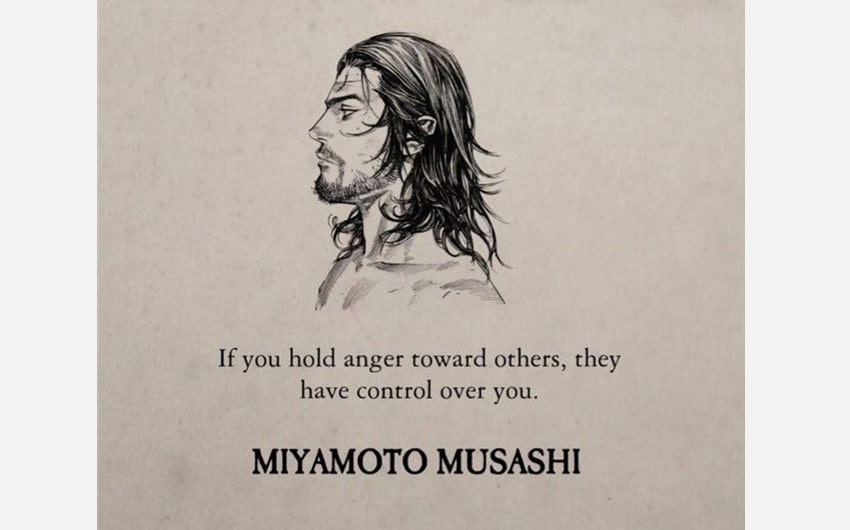Musashi Name Meaning and Its Influence in History and Culture
The name Musashi carries a deep sense of strength, wisdom, and history. Known worldwide due to the legendary samurai Miyamoto Musashi, this name has become a symbol of strategy, discipline, and resilience. Whether you’re interested in Japanese culture, martial arts, or unique names with powerful meanings, Musashi stands out with its rich heritage. Exploring Musashi name meaning reveals not just its linguistic roots but also its connection to warrior philosophy and the pursuit of mastery.
Whether used as a first name or surname, Musashi continues to inspire those who seek greatness and personal growth.
Origin and Meaning of Musashi
The name Musashi has deep roots in Japanese history, language, and culture. While its exact linguistic origins remain debated, it is commonly associated with strength, resilience, and wisdom. The name itself is composed of kanji characters that can have different interpretations depending on their usage in Japanese tradition.
One common interpretation connects Musashi to the kanji “武” (Mu), meaning “warrior” or “military,” and “蔵” (Sashi or Zō), which can mean “storehouse” or “hidden.” This gives Musashi a meaning tied to stored power or hidden strength, reflecting a warrior’s discipline and preparedness. Another theory suggests that Musashi derives from ancient place names in Japan, particularly the Musashi Province, an old administrative region covering modern-day Tokyo and Saitama Prefecture. This historical connection makes the name even more culturally significant.
Additionally, Musashi can be linked to “六” (Mu), meaning “six,” and “佐志” (Sashi), which can mean “assistance” or “help.” In some interpretations, this combination suggests guidance or support, possibly symbolizing a person who aids others through wisdom and action. However, the most well-known association with the name is undoubtedly Miyamoto Musashi, the legendary samurai, whose name has cemented Musashi as a symbol of mastery, discipline, and strategic thinking.

Image source: Pinterest
Musashi in History and Culture
The name Musashi is inseparable from the legendary figure Miyamoto Musashi (1584–1645), one of the most famous samurai in Japanese history. He was a master swordsman, strategist, and philosopher, renowned for his undefeated record in over 60 duels. His philosophy of self-reliance, discipline, and adaptability is recorded in The Book of Five Rings (Go Rin No Sho), a treatise on strategy that remains influential in martial arts, business, and leadership today.
Miyamoto Musashi’s legacy has transformed the name into a symbol of warrior spirit and intelligence. His approach to life—embracing continuous learning, self-improvement, and discipline—makes Musashi more than just a historical name; it represents an ideal for those striving for excellence in any field. His dual-sword technique, known as Niten Ichi-ryū, further adds to the association of the name with skill, balance, and mastery.
Beyond the historical figure, Musashi is frequently referenced in Japanese literature, anime, and pop culture. The name has appeared in various films, books, and TV shows, reinforcing its reputation as a name tied to strength and honor. For example, Musashi is a central character in Eiji Yoshikawa’s historical novel Musashi, which romanticizes the samurai’s life and has been adapted into multiple films and television series. In anime and manga, the name appears in works like Pokémon (Team Rocket’s Musashi) and Vagabond, a manga adaptation of Miyamoto Musashi’s life. These cultural references ensure that Musashi remains a powerful and recognizable name.
Symbolism and Personality Traits Associated with Musashi
Strength and Discipline
The name Musashi is closely linked to physical and mental strength. As seen in historical and cultural references, those associated with this name often embody determination, resilience, and self-discipline. Musashi’s legendary dueling skills and combat strategy reflect an individual who is always prepared for challenges and never backs down from a fight.
People who resonate with the name Musashi often have strong wills and an intense focus on personal growth. They are not easily swayed by external pressures and remain steadfast in their goals. This trait aligns with Musashi’s philosophy of self-mastery, as he spent years perfecting his techniques and understanding both combat and life itself.
Wisdom and Strategic Thinking
Beyond raw strength, Musashi also represents intelligence and deep thought. The name is often associated with wisdom, calculated decision-making, and a tactical mindset. Miyamoto Musashi’s writings emphasize the importance of understanding situations fully before acting, a lesson that can be applied to business, leadership, and problem-solving in modern times.
Those drawn to the name Musashi may be highly analytical, always thinking ahead and evaluating multiple perspectives before making a decision. They prefer logic over emotion and tend to be highly disciplined in their actions, ensuring they maximize every opportunity. This aligns with Musashi’s belief in continuous learning and adapting to life’s challenges.
Independence and Self-Reliance
Musashi also symbolizes a strong sense of individuality and independence. The historical figure Miyamoto Musashi famously lived a wandering lifestyle, refusing to serve under a single lord (daimyo), unlike many samurai of his time. Instead, he chose a path of self-improvement, mastering his skills through personal experience rather than traditional training in one dojo.
This aspect of the name suggests that those who carry it may be independent thinkers, preferring to carve their own paths rather than follow societal expectations. They may resist authority and seek knowledge through direct experience rather than relying solely on formal education. Their strong inner drive makes them natural leaders who excel in fields requiring autonomy and innovation.
Balance and Duality
One of Musashi’s most famous contributions to martial arts was his two-sword fighting style, Niten Ichi-ryū. This symbolizes balance and duality, an important theme in Japanese philosophy. It represents not just skill in battle but also the ability to adapt, harmonize opposing forces, and find equilibrium in life.
People associated with the name Musashi may have a keen sense of balance, knowing when to act with force and when to move with grace. They understand that life is about maintaining harmony—between work and rest, strategy and intuition, strength and wisdom. This duality makes them versatile and well-rounded individuals.
Modern Usage and Popularity of Musashi
While Musashi is not a common given name in Japan, it is still used, particularly by those who want a name symbolizing strength, intelligence, and warrior spirit. It is more frequently seen as a surname, especially in families with samurai heritage or a connection to martial arts.
The name is also widely recognized outside Japan, particularly among martial artists, historians, and literature enthusiasts. Many martial arts dojos, training academies, and sports teams use Musashi as part of their branding, embracing its reputation for discipline and mastery.
In popular culture, Musashi remains highly relevant. The name is used in:
- Anime and Manga – Characters named Musashi appear in Pokémon, Vagabond, Samurai Deeper Kyo, and One Piece.
- Video Games – The name appears in titles like Brave Fencer Musashi, Ghost of Tsushima, and Nioh, all drawing from samurai culture.
- Literature and Film – Musashi’s story has been retold in novels, films, and TV dramas, reinforcing his legendary status.
Due to its strong legacy, the name Musashi continues to attract martial artists, leaders, and those who value strategy and discipline. While it is still a rare first name, it holds deep spiritual and philosophical significance for those who appreciate its history.
Featured image source: Pinterest







